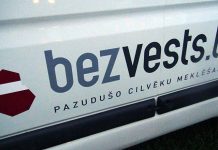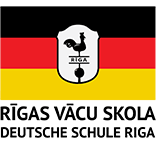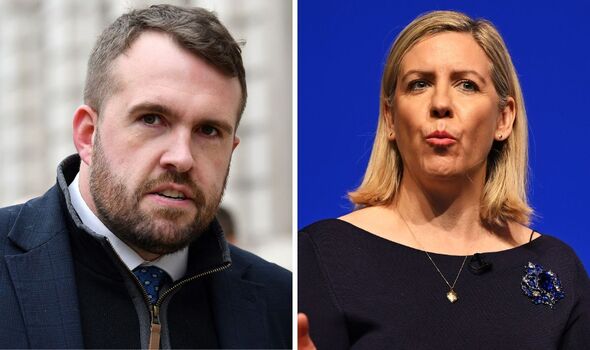While brand safety and fraud prevention have been big topics in the online ad industry over the past couple years, Cheq CEO Guy Tytunovich argued that “first generation solutions for ad verification” aren’t good enough.
The problem, Tytunovich said, is that existing products use sampling to alert advertisers to issues “after the fact.” Compare this to credit card fraud — if the credit card company only alerted you long after the fraud had occurred, “You’re not going to be happy with that kind of answer.”
At Cheq, Tytunovich and his team have developed an approach that uses artificial intelligence to deliver what he calls “autonomous brand safety” — the idea is that when an ad is being served, Cheq can detect whether it might be a fraudulent impression that will only be seen by bots, or if it might show up next to content that a brand doesn’t want to be associated with. If there’s an issue, Tytunovich said, “We block [the ad] from being served in real time.”
Beforehand, advertisers set up their own ad placement guidelines, and afterwards, they can see the reason why individual ads didn’t get served.
Cheq is announcing that it has raised $ 5 million in Series A funding led by Battery Ventures . Tytunovich said that 80 percent of the Cheq team consists of developers, and that most of the funding will go towards further product development.
If the Cheq approach really is so much better, why aren’t bigger, better-funded companies doing the same thing? Tytunovich pointed to his experience, and his team’s experience, in the Israel Defense Forces, where he said “they teach you to compensate for a lack of scale, of manpower, by focusing on automation and speed.”
Similarly, Tytunovich said that at Cheq, “the name of the game is speed.”
“A lot about our underlying technology lies around the speed of the data crunching,” he added. “We look at around 700 data parameters per impression … We need to be able to take all that data, analyze it and do it in real time.”
Cheq has offices in Tokyo, New York and Tel Aviv. Tytunovich said it’s currently focused on the American and Japanese markets — customers listed on the Cheq website include Coca Cola, Turner and Mercedes-Benz. Update: A spokesperson clarified that those companies are listed on the Cheq website because Cheq participated with them in The Bridge program.




























